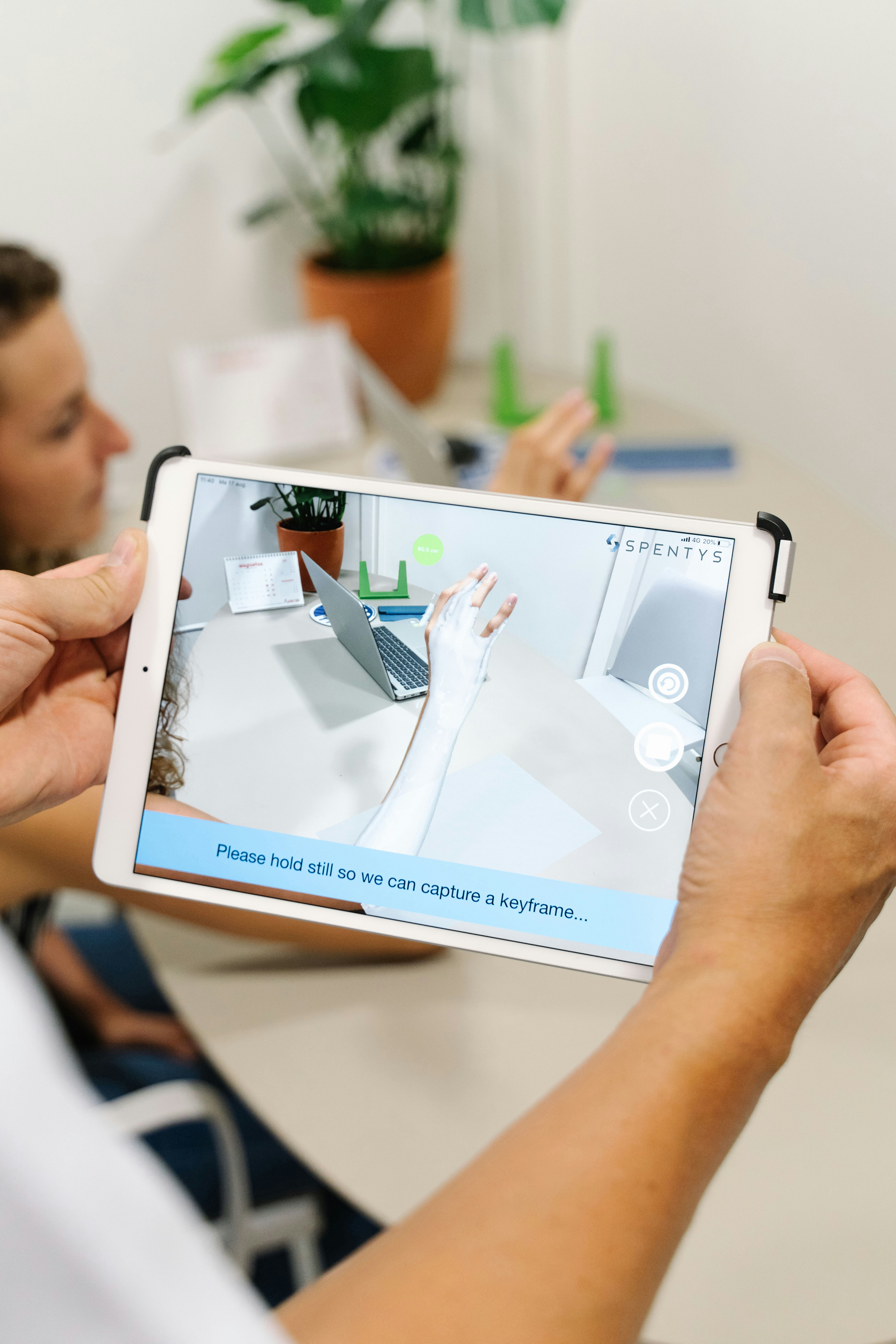
Scaling Responsibly: Managing Risk & Compliance in Technology-Enabled Care
We use the term Technology Enabled Care (TEC) to describe the broad ecosystem of digital solutions supporting the planning, coordination, and delivery of care. This includes not only smart assistive technologies and alarm systems but also care management platforms, digital documentation tools, and other connected services underpinning modern health and social care.
As digital transformation accelerates, these technologies are becoming central to service continuity, patient safety, and integrated delivery. But with growing adoption comes heightened scrutiny, particularly around data protection, security, and resilience.
Compliance standards such as the Data Security and Protection Toolkit (DSPT), Cyber Essentials, DTAC, and increasingly, ISO 27001 have become key benchmarks for suppliers working with NHS systems and local authority commissioners. No longer reserved for enterprise health tech, these frameworks are fast becoming prerequisites for any organisation operating at scale in the digital care space.
This shift is being accelerated by:
- The national analogue-to-digital switchover, which expands the threat surface and introduces new interoperability and continuity risks
- The growing number of internet-enabled care devices entering homes, each carrying potential vulnerabilities at the device, software, or infrastructure level
- An increasingly complex network of suppliers, platforms, and commissioning relationships, making data governance and assurance harder to maintain
For TEC solution providers scaling rapidly, traditional approaches, reliant on spreadsheets, disconnected documentation, and reactive processes, are increasingly unfit for purpose. Risk becomes harder to track, evidence becomes harder to maintain, and assurance becomes harder to demonstrate.
This briefing outlines how TEC organisations can respond to that challenge by embedding compliance and risk management as a continuous function.
Managing Today’s Overlapping Frameworks
Providers of technology-enabled care solutions are now expected to align with a growing number of regulatory and assurance frameworks, many of which extend beyond technical functionality to cover data protection, cyber resilience, clinical safety, and quality management.
Each framework serves a distinct purpose, but there is substantial overlap in the controls they require. Without a consolidated approach, TEC solution providers risk duplicating effort, fragmenting documentation, and falling behind on critical updates.
Here are the core frameworks shaping current assurance expectations for TEC providers:
Data Security and Protection Toolkit (DSPT)
Mandatory for any organisation accessing NHS patient data or systems. Covers data protection, cyber security, and governance controls across the organisation.
Cyber Essentials & Cyber Essentials Plus
The national baseline for cyber security hygiene. Cyber Essentials is self-assessed; Cyber Essentials Plus requires independent auditing. Both are increasingly used as procurement thresholds.
Digital Technology Assessment Criteria (DTAC)
Used by NHS and local authority commissioners to evaluate the cyber, clinical, and data security of digital solutions. A de facto requirement for adoption into many NHS services.
DCB0129
Applies to digital systems that may impact clinical decisions or safety. Requires a named Clinical Safety Officer (CSO) and a formal safety case outlining clinical risk controls.
ISO 27001
An international standard for information security management. While not mandatory, it is frequently requested by NHS partners, local authorities, and private customers, particularly for platforms that manage sensitive or high volumes of data.
ISO 9001
Focuses on quality management and organisational consistency. Often pursued by providers with complex internal processes or those preparing for scale and certification.
ISO/IEC 17065
UKAS-accredited certification for Technology Enabled Care Services. Covers data security, governance, operational resilience, and quality standards, commonly used by more mature TEC suppliers.
The Case for Consolidation
Despite being distinct, these frameworks share a broad set of underlying expectations. Organisations managing each in isolation often find themselves duplicating effort across evidence sets that could otherwise be streamlined.
Common areas of overlap include:
- Access control and authentication – required across DSPT, Cyber Essentials, ISO 27001, and ISO 17065
- Incident response and breach reporting – mandated in DSPT, Cyber Essentials, ISO 27001, and ISO 17065
- Data Protection Impact Assessments (DPIAs) – necessary under UK GDPR, DSPT, ISO 27001, and to support DCB0129 risk cases
- Third-party and supplier assurance – consistently required across DSPT, DTAC, ISO 27001, ISO 9001, and 17065
- Staff training in information governance and cyber security – a baseline expectation across all data and security standards
Without a structured, cross-framework model, meeting these expectations becomes time-consuming, inconsistent, and difficult to evidence, particularly as new requirements are introduced or existing frameworks evolve.
Navigating What’s Next: Evolving Compliance Demands
A series of policy and framework developments are reshaping what assurance looks like for digital solution providers across the health and social care ecosystem.
One key driver is the Cyber Security and Resilience Bill, currently in development. This legislation is expected to introduce more stringent obligations for organisations deemed part of the UK’s critical infrastructure, extending to many health and social care suppliers. Early guidance points to increased expectations around supply chain oversight, continuous threat monitoring, and mandatory reporting of cyber incidents.
This marks a shift from point-in-time compliance to a model of proactive, real-time cyber resilience.
In parallel, the Cyber Assessment Framework (CAF), already in use by NHS Trusts and other Category 1 entities, is being referenced more frequently in procurement and assurance processes. Although not yet mandatory for TEC solution providers, CAF introduces broader organisational expectations around governance, strategic oversight, and cyber readiness.
Another fast-moving area is the integration of AI into TEC platforms. From fall detection and predictive risk stratification to automated care planning, AI-enabled functionality is becoming standard across many digital care tools. With this comes increased scrutiny, not only of accuracy and outcomes, but also of governance, testing, explainability, and alignment with ethical and clinical risk standards.
These pressures are mirrored in ongoing updates to DTAC and DCB0129, which are being revised to reflect the realities of modern software development. New guidance is expected to place greater emphasis on secure-by-design principles, continuous deployment (CI/CD) readiness, and post-market monitoring.
Across all of these developments, the direction is clear: compliance is shifting from documentation to demonstration, measured not by policies filed, but by assurance maintained.
For TEC solution providers, the challenge is no longer meeting individual frameworks in isolation. It’s maintaining readiness across a dynamic regulatory environment, where standards evolve, evidence expectations increase, and reactive compliance models no longer hold up under scrutiny.
Building Compliance that Scales
As regulatory pressure mounts and frameworks continue to evolve, digital care organisations must rethink how compliance is managed across the business. In this section, we highlight the operational disciplines that are helping organisations maintain assurance as they scale, reducing duplication, managing risk, and remaining ready for audit, procurement, or review at any point.
1. Consolidated Framework Management
Rather than managing each framework in isolation, leading organisations take a consolidated approach, identifying shared controls and reusing evidence across DSPT, DTAC, ISO 27001, and Cyber Essentials Plus. This reduces duplication, streamlines audit preparation, and improves consistency in managing compliance across the business.
2. Structured Documentation Oversight
Policy and evidence documents are versioned, centralised, and tagged against the standards they support. Review cycles are clearly defined, and expiry or renewal dates are surfaced in shared planning systems.
3. Defined Ownership Across Key Domains
Clear ownership is assigned to each compliance domain, data protection, cyber security, clinical safety, and supplier oversight, rather than to frameworks themselves. This supports better alignment across the business and reduces the risk of gaps or bottlenecks.
4. Active Oversight of Risk and Dependencies
Risk registers, supplier logs, and business continuity plans are maintained as live operational tools, not static documents. As dependency on third-party platforms increases, this level of oversight is becoming a baseline expectation across most frameworks.
5. Repeatable, Auditable Processes
Compliance is treated as a continuous function, supported by structured workflows, whether manual or platform-driven. These systems surface upcoming deadlines, automate repeatable activity, and reduce the reliance on informal handoffs between teams.
The result is a more resilient, scalable model of assurance, one that can respond to regulatory change without operational disruption.
Building Scalable Assurance with Naq
As assurance expectations rise across the digital care ecosystem, providers of technology-enabled care solutions need more than point-in-time certifications, they need the infrastructure to manage compliance continuously, across multiple frameworks.
Naq was built to support this shift.
Built specifically for healthcare and social care environments, Naq provides a single platform to manage multiple regulatory frameworks and security standards. From DSPT, DTAC and DCB0129 to ISO 27001, Cyber Essentials, and UK GDPR, Naq consolidates compliance into one secure, structured system.
At its core is a simple proposition: one platform to manage your compliance obligations, and expert guidance to ensure you're meeting them with confidence.
A Unique Combination: Platform + Expert Support
What sets Naq apart is its dual approach: a powerful platform that automates compliance workflows, paired with access to expert compliance professionals who provide clarity when it’s needed most.
With Naq, organisations can:
- Automatically generate and maintain key policies aligned to each framework
- Complete automated Data Protection Impact Assessments (DPIAs)
- Assign and track staff cyber security training
- Maintain up-to-date asset and vendor registers
- Monitor controls and processes across frameworks with full audit trails
- Receive alerts when regulations change or standards are updated
- Add new frameworks as your organisation grows, without starting from scratch
Whether managing DSPT and DCB0129 today or planning for ISO 27001 tomorrow, Naq allows organisations to scale their compliance capabilities as they grow.
Continuous Assurance, Not Annual Fire Drills
Regulatory expectations, particularly in healthcare, are shifting towards continuous oversight.
Naq supports this shift by enabling your team to maintain compliance as an ongoing process. Live monitoring, automated reminders, and process tracking help ensure you're never caught off guard, whether by an audit, a procurement review, or a sudden standards update.
The result is a compliance operation that’s not only more efficient and less resource-intensive but also more resilient.
🗣️ What Our Customers Say
“The Naq platform is so simple, and everything is straight to the point – what tasks you need to do, policies you need to implement and training to roll out. It makes our lives easier. We feel very well prepared for our ISO 27001 audit.”
K-Jo, Operations Manager, Oxford Dynamics
“What was really attractive to us was Naq’s blend of a platform and the support of having someone hold your hand through the compliance journey. We have met our NHS compliance requirements at less than half the cost of alternative routes. This has meant we haven’t compromised our product build or finances.”
James Burch, Co-Founder, Decently
“As a fast-growing scale-up, we need to focus on business development whilst ensuring that we comply with regulatory and customer requirements. Naq has been instrumental in achieving compliance with ISO 27001 certification and shortening our sales-cycle.”
Arnold Bowman, Co-Founder, Vormats
“Naq provided us with outstanding service to prepare us for and enable us to meet the complex cyber security regulatory requirements for the NHS. Their help was invaluable in improving our security posture and capabilities. Expert advice and brilliant support.”
Edward Jack, IT Manager, Incision
Book a Demo
If your organisation is seeking a more effective and scalable way to manage compliance across multiple frameworks, we invite you to book a demo with our team.
In 30 minutes, we will provide a clear overview of your current obligations and demonstrate how Naq’s platform and expert support can streamline compliance, reduce risk, and provide ongoing assurance as your digital health tech organisation grows.










